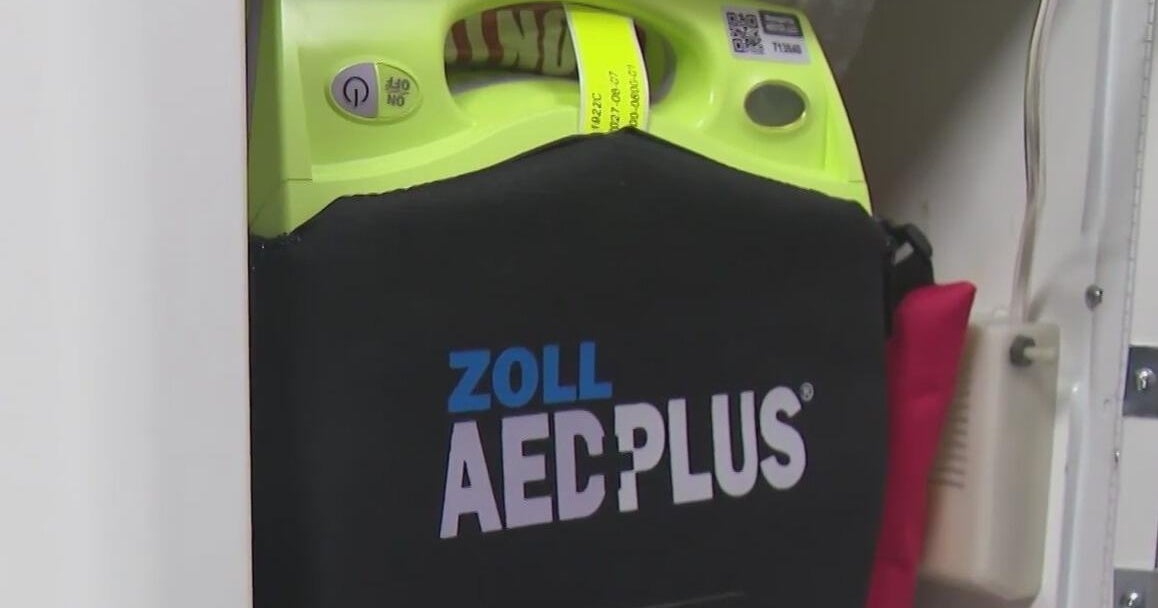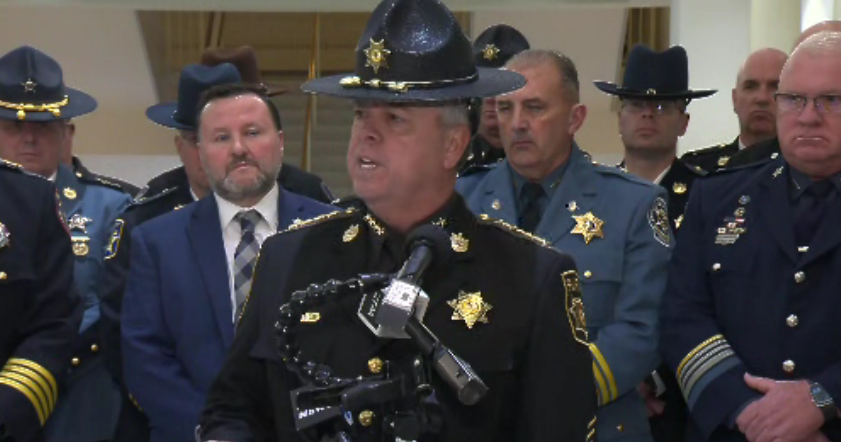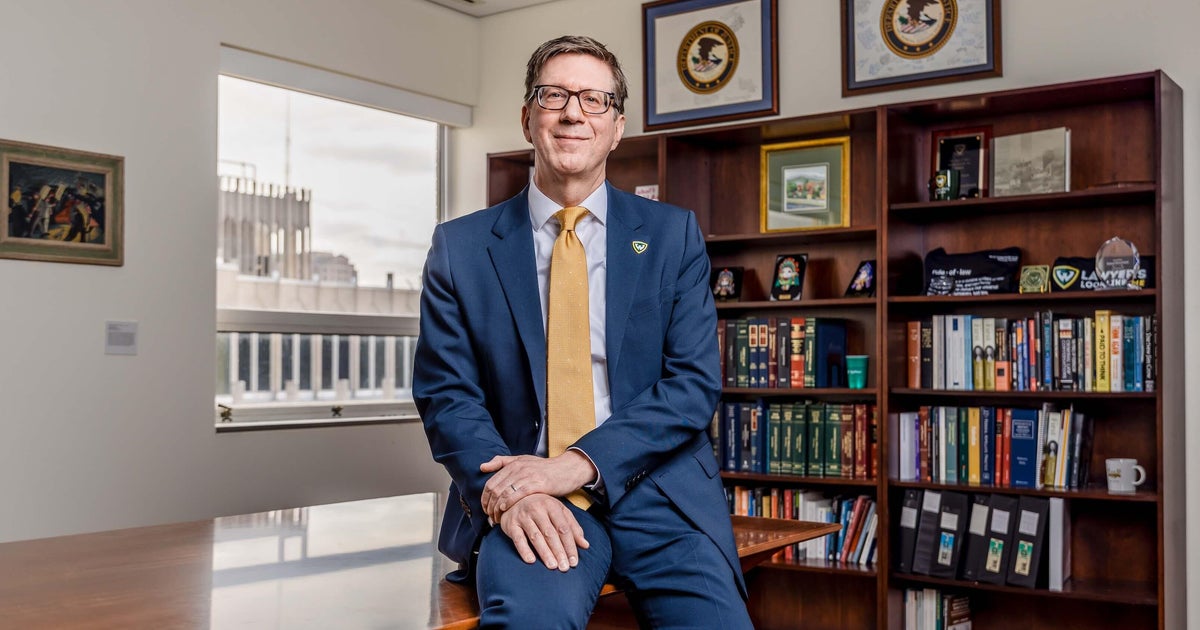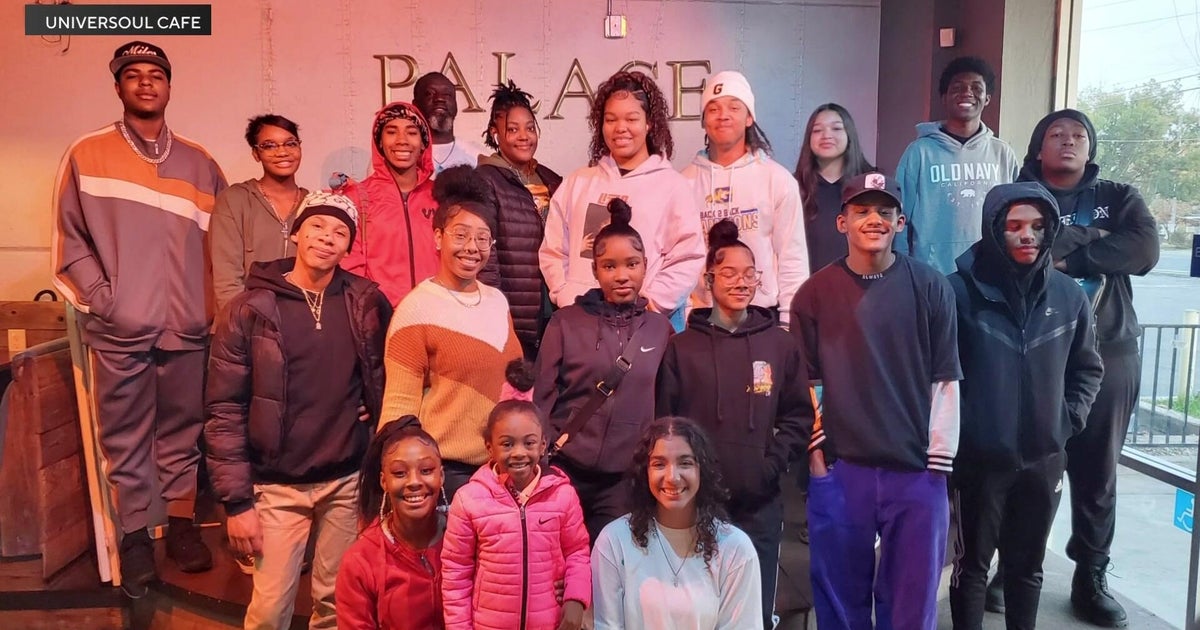Maryland bill being pushed that would require AEDs in more public places
ANNAPOLIS -- A bill in the legislature aims to increase the number of places that would be required to have automatic external defibrillators, or AEDs.
It's named after a man who's wife has been on a mission to get these devices more accessible to the public.
Joe Sheya died in 2014 when he had sudden cardiac arrest, not getting a shock from an AED until 11 minutes after.
It happened at a restaurant, one of the places AED's aren't required under state law.
"Joe Sheya might be here today if there had been one of those in the restaurant where he was eating," Del. Bonnie Cullison, D-Montgomery County, said during a House Health and Government Operations Committee hearing Tuesday.
Since he died, Carol McDermott Sheya has been working to honor her husband by trying to get AED's in more public places.
Part of that mission is getting legislation passed, so she was one of several to speak in favor of House Bill 288, the Joe Sheya Act, during HGO's hearing.
The bill would require restaurants and other food facilities like coffee shops, cafeterias, even grocery stores to have AED's.
This would only impact businesses making more than $400,000 a year.
Businesses would also have to provide for training. It's one of the issues from the Maryland Retailers Association. Cailey Locklair, MRA's president, argued staffing is already hard enough.
"With high turnover, numerous shifts in retail, ensuring somebody meets the state's requirements for training and having them on every single shift just may not be possible," she said.
The Restaurant Association of Maryland had concerns as well, mostly with costs.
Melvin Thompson, senior vice president of government affairs and public policy, also cited data these cardiac incidents don't happen at restaurants as often as other places.
"Programs that place AED's at locations that are low-risk are unlikely to be cost effective since there is a smaller likelihood the AED device will ever be used," Thompson said.
The bill still has a long way to go before it could even reach Gov. Wes Moore's desk.
However, if it's passed as is, these restaurants and food facilities would have until Jan. 2025 to get AED's installed.







